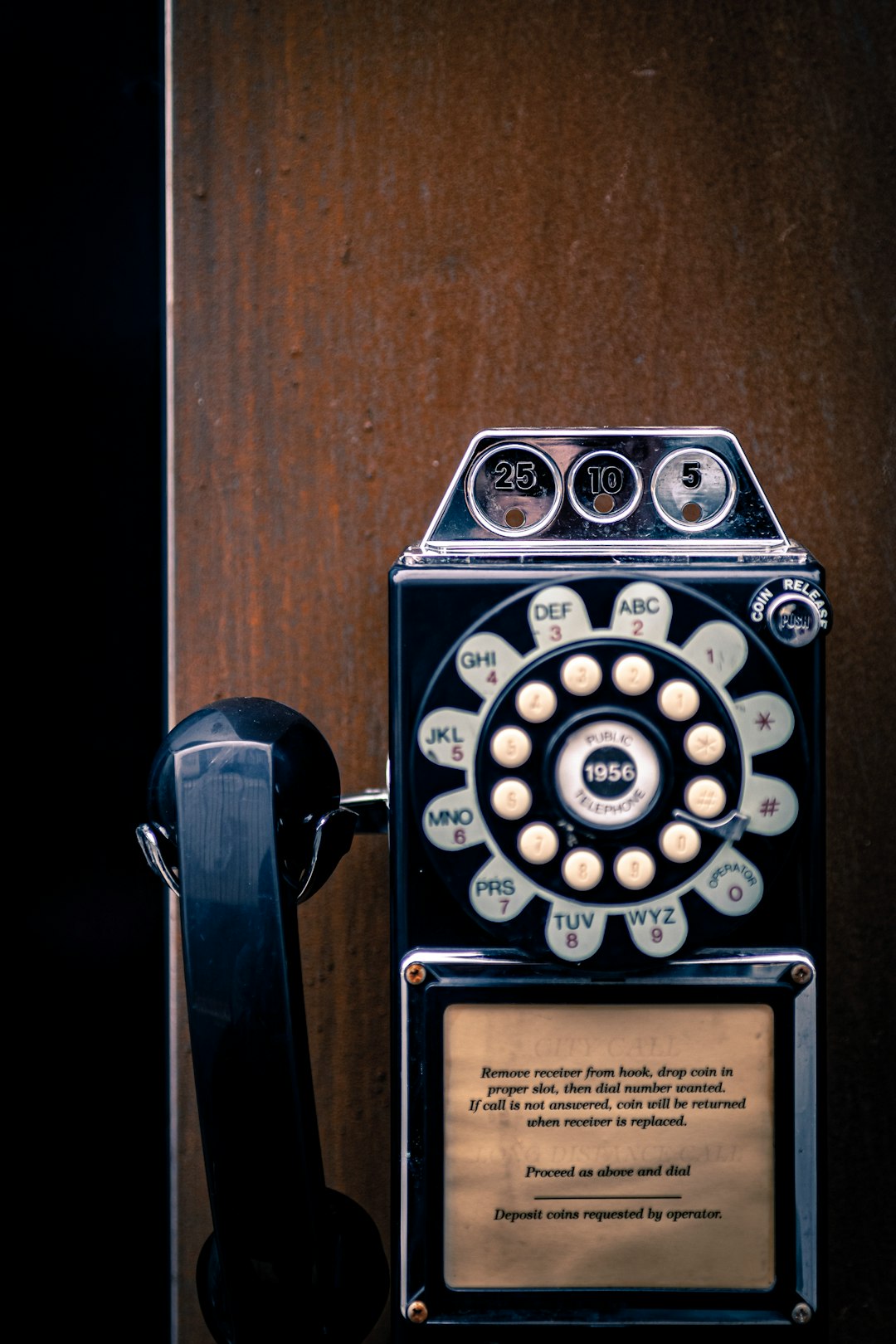Iowans have legal protection from robocalls and spam texts via federal and state laws, including TCPA, Do Not Call Registry, and anti-spam legislation. For guidance, consult specialized robocall lawyers or spam call law firms focused on Do Not Call laws. Registering numbers on the statewide list blocks marketing calls. Legal professionals assist with complaints, damages, and legal action against spammers. Blocking software complements these strategies for a quieter digital environment.
Iowa residents face a daily deluge of spam calls and texts, from nuisance robocalls to unlawful marketing messages. Understanding your rights under the state’s stringent Spam Call Law is crucial in combating this digital age pestilence. This article equips Iowans with knowledge about Do Not Call Registry protections, legal strategies to stop robocall lawyers, and effective solutions for unwanted communications. Learn how a specialized robocall lawyer Iowa can help you reclaim your peace of mind and navigate the complexities of robocall laws Iowa.
Understanding Spam Calls and Text Laws in Iowa

In Iowa, both state and federal laws aim to protect residents from spam calls and text messages, often referred to as robocalls. The Telephone Consumer Protection Act (TCPA) is a federal law that restricts automated phone and text messaging for marketing purposes. In addition, Iowa’s Do Not Call Registry and specific anti-spam laws further safeguard Iowans from unsolicited communication. These laws are in place to ensure that individuals’ privacy is respected and their consent is required before receiving such messages.
Robocall lawyers and attorneys in Iowa specialize in navigating these legal frameworks to help clients combat unwanted calls and texts. If you’ve received spam calls or text messages without your permission, a lawyer specializing in robocall laws can guide you through the process of seeking relief, which may include blocking future communication, obtaining damages, or taking legal action against the offending party. For assistance with dealing with persistent spam calls or texts, consulting a reputable law firm focused on Do Not Call laws and privacy protection is advisable.
Your Rights: Do Not Call Registry and Enforcement

In Iowa, citizens have rights when it comes to protecting themselves from unwanted spam calls and robocalls. One significant tool is the Do Not Call Registry, which allows individuals to register their phone numbers to prevent receiving marketing or telemarketing calls. This registry is enforced by state laws that regulate robocall activities, ensuring compliance with consumer privacy rights.
If you’ve been a victim of persistent spam calls or robocalls, it’s advisable to consult a robocall lawyer in Iowa. Legal experts specializing in these matters can guide you through the process of filing complaints and pursuing legal action if necessary. Many law firms in Iowa offer services tailored to addressing spam call and Do Not Call Law violations, providing much-needed assistance for those dealing with nuisance calls.
Stopping Robocalls: Legal Strategies for Residents

In Iowa, residents have legal options to combat the scourge of robocalls and spam text messages. The first step is to familiarize oneself with state laws governing these practices. The Telephone Consumer Protection Act (TCPA) prohibits automated or prerecorded calls from being placed to any telephone number without prior express consent. Moreover, Iowa has its own Do Not Call registry, offering an additional layer of protection. Residents can register their phone numbers and opt out of marketing calls, making it a robust tool against unwanted robocalls.
Seeking legal advice from a robocall lawyer in Iowa or spam call law firm is another effective strategy. These professionals can guide individuals on how to file complaints with relevant authorities and pursue legal actions if necessary. With the help of robocall attorneys Iowa, victims can hold offenders accountable under state laws, ensuring a safer and less intrusive communication environment. Do not call law firms Iowa specialize in these matters, making them valuable resources for those facing relentless spam calls or text messages.
Choosing a Robocall Lawyer: What to Look For

When looking for a robocall lawyer in Iowa, it’s crucial to select an attorney who specializes in telecommunications law and has experience handling spam call and robocall cases. Search for firms that offer specific services related to robocall laws in Iowa, such as representing clients in do not call disputes or suing telemarketers for violating state regulations.
Look for lawyers who stay updated on the latest legal developments in this area, as the robocall laws are continually evolving. Check client reviews and testimonials to gauge their reputation and success rate with similar cases. Ensure they have a proven track record of effectively protecting consumers’ rights against unwanted text messages and automated calls.
Effective Solutions for Unwanted Communications

In today’s digital age, the rise of robocalls and spam texts has become a significant nuisance for many Iowans. However, there are effective solutions to combat this issue and reclaim control over your communication channels. One powerful tool is education; individuals should be aware of their rights and the existing laws designed to protect them from unwanted calls. The Iowa Robocall Law, part of the state’s Do Not Call registry, offers a robust framework to curb excessive robocalls. By registering your number on the statewide list, you can restrict commercial calls, including those from robocall lawyers Iowa and other telemarketers.
Additionally, hiring a specialized spam call law firm Iowa or engaging an attorney for unwanted texts Iowa can provide tailored assistance. These legal experts can help navigate the complex robocall laws Iowa and guide individuals in taking proactive measures. Implementing blocking software on your phone is another practical step. Many apps and operating system features allow you to filter out specific numbers, effectively blocking spam calls and texts. By combining these strategies, Iowans can create a more peaceful and clutter-free communication environment, ensuring that their privacy is respected while using technology.






